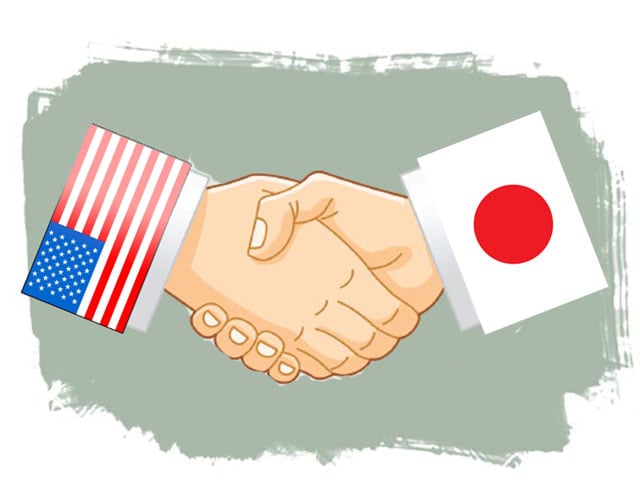
Abe will be keen to get the reassurance of strong US support on a visit to Washington that comes amid an escalating row with China over disputed islands, and in the same month that North Korea carried out its third nuclear test.
While Abe is the fifth Japanese premier that Obama will have met as US president, he has struck a starkly different tone to his predecessors, pledging to make the alliance his top foreign policy priority.
In an interview with The Washington Post before the trip, Abe said that a tighter alliance with the United States would send a message to Beijing in a tense row over islands in the East China Sea.
"It is important for us to have them recognise that it is impossible to try to get their way by coercion or intimidation," Abe said.
"In that regard, the Japan-US alliance, as well as the US presence, would be critical."
Territorial tensions spiked in September when Tokyo nationalised some of the disputed chain, setting off huge protests across China and a consumer boycott of Japanese brands that hurt exporters as Abe's government tries to stoke growth in the world's third-largest economy.
"Top on their agenda will be to reaffirm the Japan-US alliance that was badly strained by DPJ administrations," said Tomoaki Iwai, political science professor at Nihon University, referring to the now-ousted Democratic Party of Japan, which ruled for three years.
Washington insiders say the White House will be continuing to urge cool heads over the Tokyo-controlled Senkakus, which Beijing claims as the Diaoyus, in the hope the neighbours can find some way to pull back from their zero-sum game of diplomatic jockeying.
Abe, whose Liberal Democratic Party (LDP) swept to victory in December, has in mind a plan to boost military cooperation across the Pacific.
He has long argued that Japan needs to reinterpret its pacifist constitution to permit "collective defence", and allow its soldiers to use force to protect US troops in need, Iwai of Nihon University said.
Japan's leaders have traditionally only allowed Japanese soldiers the right to self-defence, even if that means leaving US counterparts in danger on the same battlefield.
Abe's slant on the issue is welcomed by many in Washington, who have long called for Japan to pull more of its own weight in a very one-sided security alliance.
The allies are keen to work together in the international response to North Korea's nuclear and missile provocations.












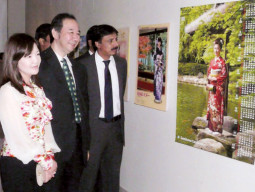



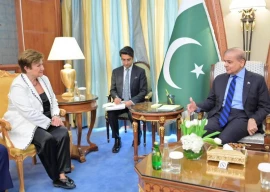











1714129906-0/Clint-Eastwood-(1)1714129906-0-270x192.webp)
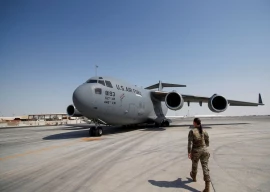
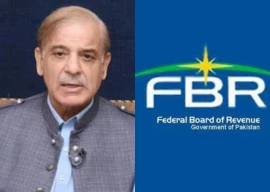


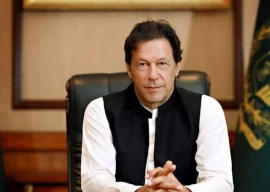





COMMENTS
Comments are moderated and generally will be posted if they are on-topic and not abusive.
For more information, please see our Comments FAQ